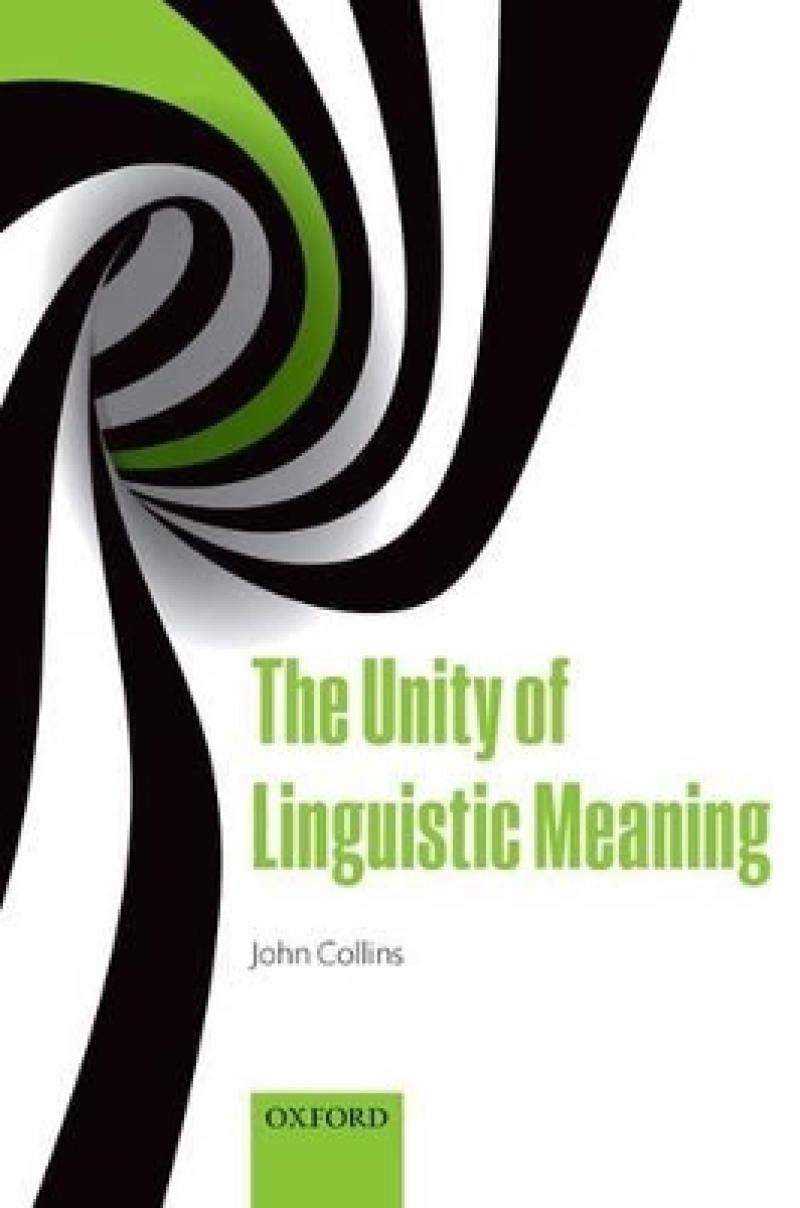Regardless of one's perspective, this book is well worth reading, and I would recommend it to anyone interested in philosophy of language, linguistics or the intersection between the two disciplines. If you share Collins' basic assumptions, he provides a cogent defence of how one of the workhorses of syntax, Merge, offers a way into the problem of unity. If you do not share his assumptions, the book challenges alternative approaches in ways that will surely spark lively and fruitful exchanges ... Regardless of your position on these issues, the last chapter is not to be missed: it contains what may well be the best philosophical discussion of Merge and its place in linguistics.
Patricia Hanna, The Philosophical Quarterly
John Collins sheds some interesting new light on the problem and proposes an original solution that draws on the lessons from early analytic philosophers, contemporary philosophy of language, and linguistics. . . certainly a noteworthy contribution to the debate surrounding the unity of the proposition. . . I am sure that Collins's book will prove to be a valuable resource for those investigating the insights that linguistics can bring to the problem
Katarina Perovic, Notre Dame Philosophical Reviews
Collins book is an ambitious attempt at integrating insights from philosophy, and philosophy of language in particular, with those deriving from contemporary linguistics, especially modern syntactic theory. The results are most interesting for both philosophers and linguists
Piotr Stalmaszczyk,Philosophy in Review
The Unity of Linguistic Meaning is a remarkably original book that manages to develop a genuinely novel perspective on one of the most venerable and findamental problems of philosophy. ... Collins has written a fascinating book that is historically insightful, astute and convincing in its critical discussions of current approaches, and exemplary in terms of what a 'new' philosophy of language may look like.
Wolfram Hinzen and Ulrich Reichard, Mind
